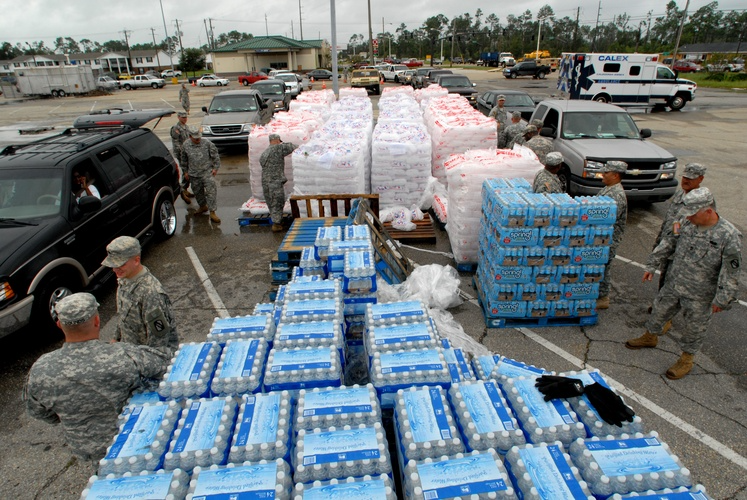Whether an old airframe is on the edge of retirement or a brand-new jet, a robust logistics chain, and parts supply are paramount.
Greenwood Aerospace is your leader in government procurement, aircraft and parts storage and distribution, and military and defense contracting. Our expertise and services include the following:
Procurement of
- Fixed-wing aircraft and associated support
- Aircraft parts & accessories
- Military aircraft parts
- Storage and distribution of parts and supplies to your organization. We will operate as your private warehouse and distribution network.
This is only a sample of our services and capabilities.
Learn more about our services for the defense and military industries. For additional information, you can also contact us here or by emailing sales@governmentprocurement.com.
Differences Between Government, Public, and Private Procurement
Here at Greenwood Aerospace, we talk a lot about government procurement; it is a core service that we offer. But there are also a lot of misnomers in the field about what exactly procurement is, and the field about what procurement is, who uses it, the differences between private, public, and government procurement, and the process in general.
Today we are going to address these issues to paint a more clear picture of what the process is, and how we work within these systems, namely government procurement versus public procurement.
What is Defined as Public Procurement?
So, what exactly is public procurement? As the name implies, public procurement is the process of the public sector procuring goods, services, contracts, etc. Basically, anything that the public sector requires to operate is acquired through a procurement process.
For example, a military airfield requires hundreds of items to run safely and efficiently every year, items from proper PPE to material handling equipment, to tractors and mowers and snow removal equipment, depending on the location.

All of these things have to be procured according to the established policies and procedures, which are set forth by several governing bodies.
An Army Airfield must follow Army directives for procurement, but they must also follow Department of Defense protocols. But then, they must also follow any overarching federal guidelines or code for the procurement process.
You can see how difficult and inefficient the process is.
Government Procurement vs. Public Procurement: Same Thing?
The terms ‘government procurement’ and ‘public procurement’ are often used interchangeably and typically encompass the same overall goal of providing and procuring assets for public or government entities.
Generally speaking, the term government procurement describes government entities' purchasing activities at all stages of government. This is from the smallest local governments to the largest wings of the federal government.
It typically involves acquiring goods, services, and works from government departments and agencies to fulfill their needs. Government procurement often involves complex regulations, procedures, and accountability measures to ensure fairness, transparency, and competition in the procurement process, as mentioned above in the example of an Army Airfield.
Conversely, the term ‘public procurement’ is more broadly used in that it encompasses government agencies, townships, cities & counties, etc., and public sector organizations. These include public corporations, publicly held utilities, and other publicly held or funded institutions (hospitals, colleges & universities).
The distinction is in the type of entities covered by each term. Government procurement would refer specifically to government bodies and agencies. If the FAA has a demand for a service contract on its fleet of BE200 aircraft, this would be a government procurement. Public procurement instead refers to a much bigger picture or public sector organizations as a whole.
It's important to note that the specific rules, regulations, and procedures governing government or public procurement can vary significantly between jurisdictions. These regulations are often designed to ensure fairness, competition, value for money, and transparency in the procurement process, aiming to prevent corruption and favoritism.
The Need for Government Procurement
Government procurement is an absolute necessity because governments are incapable of producing anything on their own. Governments are intended to provide public goods and services, like national defense, public infrastructure, public education, public health, etc.

Technically, those last two items are considered merit goods. This is because of the overall net positive for society of providing these services to the general public.
But back to the main point.
Governments are often enormous entities that have huge requirements. Let’s take a look at the interstate system, for example. Every state that grows grass must maintain the grass height along the interstate. Thousands upon thousands of miles of ditches and medians must be mowed during the growing seasons.
In this seemingly simple requirement, there are thousands of moving pieces. The tractors must be procured. The DOT-approved amber lighting for the tractors must be procured. The mowers must be procured. Replacement parts must be procured. The list goes on and on.
This is a simple example of a task that must be performed by the government, generally a wing of the state DOT. If the procurement process breaks down, the medians become overgrown, which becomes a wildlife hazard. There are literally millions of other tasks and government requirements that depend on a reliable procurement process.
Challenges in Government Procurement
Two major challenges in government procurement are prevalent at most levels of government:
- Corruption
- Bureaucracy
We all know some of the most famous corruption cases—for instance, Joe Kennedy’s closeness with the Chicago mob. While not exactly the same as procuring goods and services, it shows how closely government authorities interact with businesses.
Government procurement will always be risky and ripe for corruption due to the huge financial turnover and the complexity of procurement processes. Also, the personal interests of public officials do not necessarily align with the interests of the public.
To combat this, government entities' procurement processes are extremely limited, so it is nearly impossible to claim or conduct acts of impropriety.
The second point, bureaucracy, will never be out of the government equation.
Public vs. Private Procurement: A Rather Valid Comparison
Public and private procurement have similar elements, but the processes and rules governing them are very different. The idea is the same: items and services are procured because the organization, whether public or private, cannot deliver that item.

With that said, the processes are completely different because the goals are totally different.
Motivation
What motivates a private business? That’s easy: profit margins. You can say it is something else, but it isn’t. If a private business stays in the red too long, they cease to be a business. So, they are in the business of procuring assets because those assets aid in their bottom line. A service-based business like professional landscaping procures equipment that allows them to perform more work either with better results, greater efficiency, or, ideally, both.
Public entities are not driven by the same means. A government agency procures resources to complete a mission, not to drive profits. They are driven only by the regulatory framework and requirements of the regulations. Sadly, items are routinely procured because they fit the regulatory framework instead of the demands of the mission.
Budget
In government entities, budgets are often crafted in far-off central planning offices with zero clue what the demands of the on-the-ground mission are. Of course, the “budget” that government agencies receive probably has nothing to do with what they can actually spend, when they can spend it, or how they can spend it.
Private procurement is much simpler. A company can easily move money between departments when or if business demands change.
Regulatory Obligations
This is the big one. While private companies certainly have regulations that they must abide by, it is a totally different ballgame than government procurement.
Contracts are usually awarded in the public sector through a complex bidding process considering all social factors. Private procurement, on the other hand, negotiates awards which allows them great flexibility to determine bottom lines, deliverables, etc.
But here’s the deal: private companies deliver much faster. They can pay immediately without months of deliberation. Even if the bottom line negotiated is less than a government contract, it is still lucrative because the payout is so much faster.
Greenwood Aerospace to Help With Government Procurement in the Aerospace Industry
Greenwood Aerospace is well-versed in the government procurement process. We know the many facets involved in aviation contracts and procuring physical assets as well. We have been doing this for over four decades and have helped numerous agencies, including:
- Department of Interior
- NOAA
- Department of Defense (all branches)
- Department of Energy,
- Some of the largest defense contractors in the nation
Our goal is to line up your organization with the vendor who provides the product or services that best suit your needs.
When you are ready to get the best for your organization, give us a call or start an online quote, and we’ll get started!


.svg)


.png)


